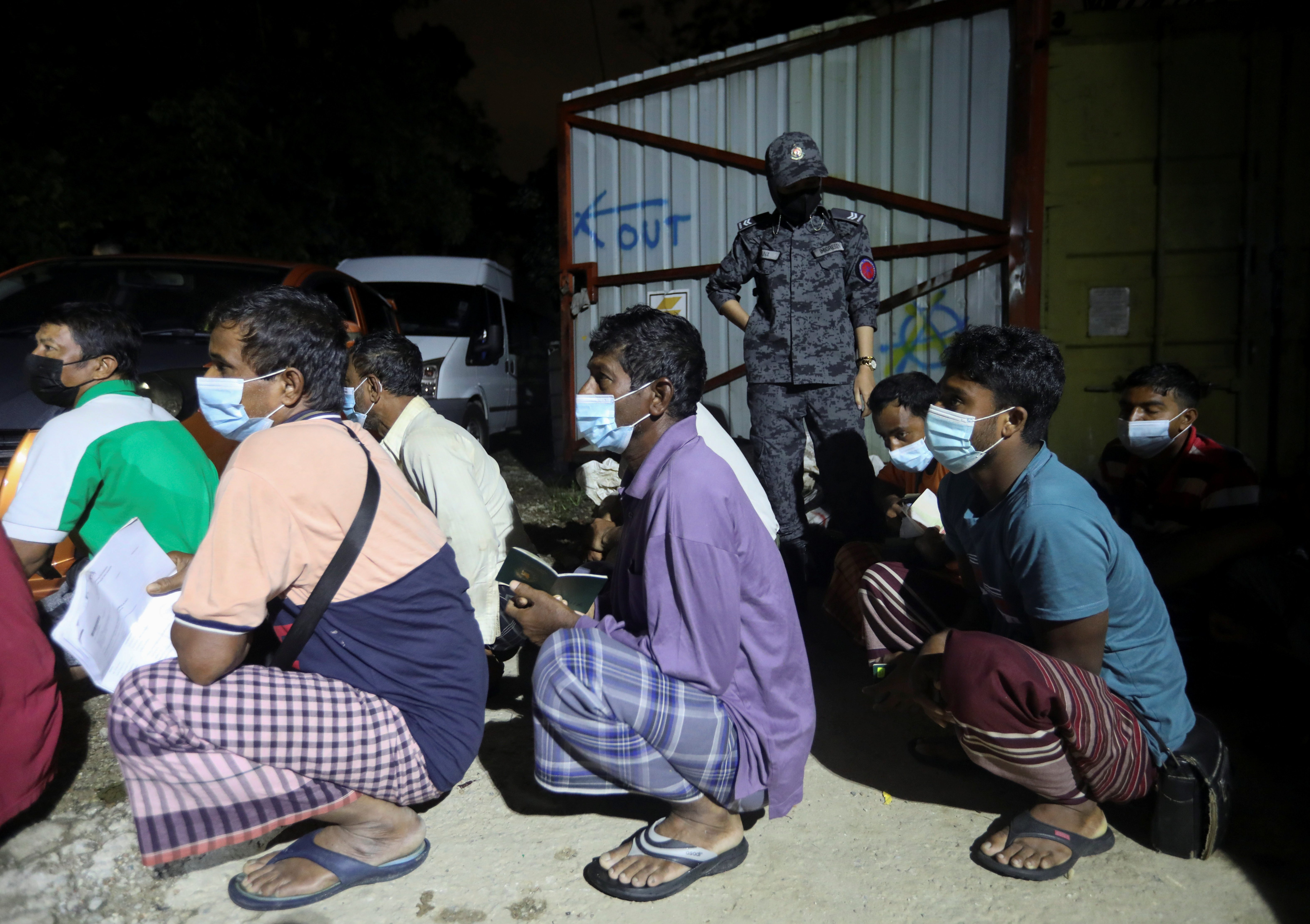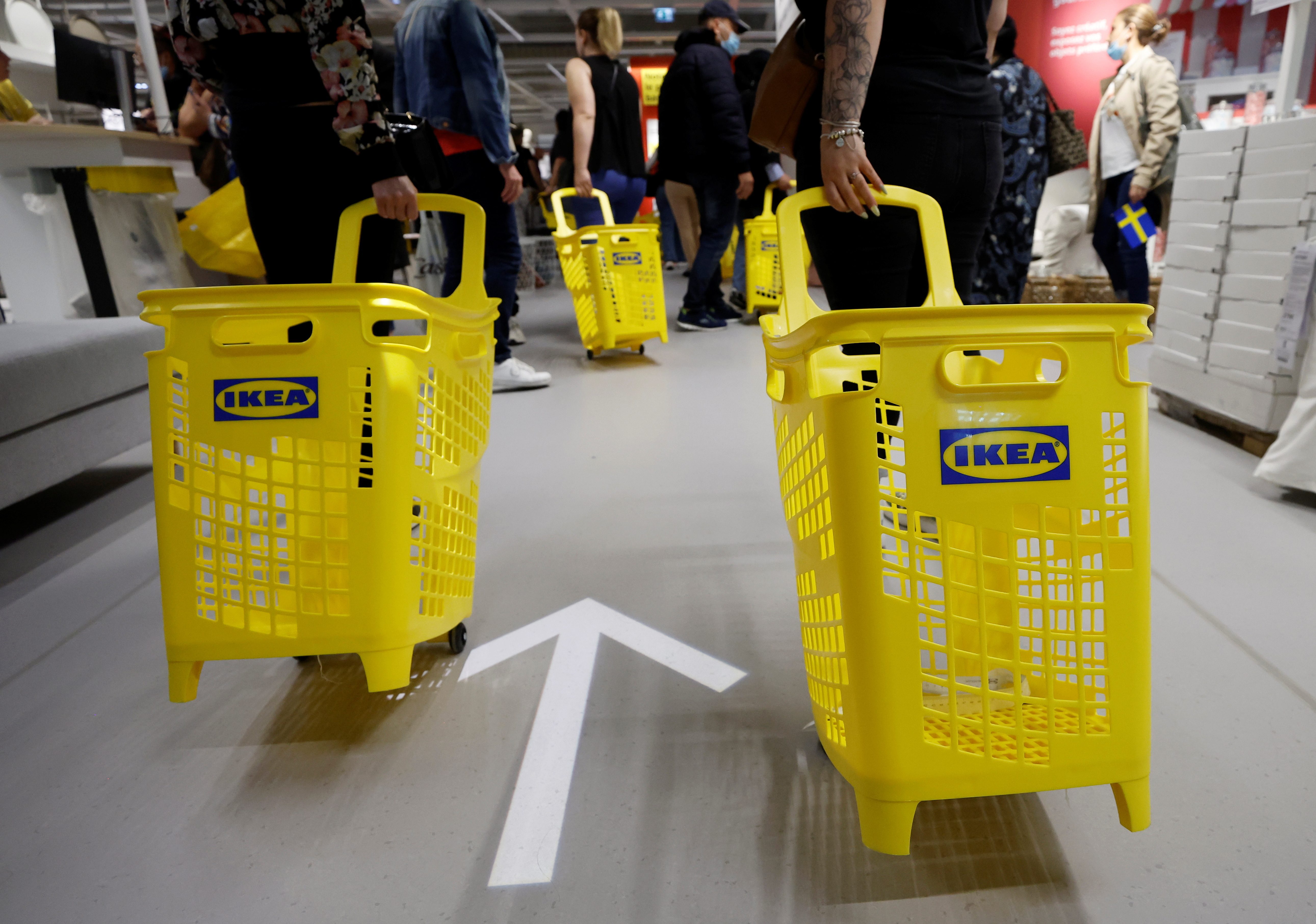July 19 – Business organisations are broadly lining up behind a proposed European ban on products linked to forced labour, albeit with various important provisos.
The new rules would see goods impounded at borders into the European Union where “sufficient evidence” exists of forced labour.
BusinessEurope, a Brussels-based confederation of 40 national industry bodies and employers’ associations, reasserts the widespread position of EU-based companies by “fully” condemning forced labour as a human right abuse.
According to the International Labour Organization (ILO), an estimated 24.9 million people are the victims of this abuse, which includes debt bondage, restriction of movement and withholding identity documents, among other illegal activities.
Stressing that the issue is “not new”, however, the Brussels-based lobby group argues that any new regulations must consider company-level and sector-wide initiatives already underway to address the problem.
“Companies are increasing their efforts to address issues in their supply chains (and) it is important that these efforts are recognised and supported,” the business group states.
In addition, BusinessEurope is calling for an extension of the public consultation process, which generated 107 responses over its four-week duration until 20 June 2022.
The business group argues that this delay would permit a formal assessment of the potential impacts of a ban, including repercussions for the current rules governing product placement in the EU, a legal arrangement that, it argues, “has been working well for decades”.

In a similar vein, the International Chamber of Commerce (ICC) states that any moves that might “further complicate” companies’ existing obligations should be avoided.
“With more and more countries introducing forced labour/modern slavery related laws with different requirements, it risks becoming an increasingly complex regulatory environment,” said Florence Binta Diao-Gueye, ICC’s Global Policy Manager for Trade and Customs.
The global lobby group, which counts 45 million businesses with 1.2 billion workers among its membership, advocates for a continuation of the “risk-based approach” underlying existing guidelines from the United Nations, ILO, and Organization for Economic Cooperation and Development (OECD).
More specifically, the ICC draws the attention of European legislators to the new U.S. Uyghur Forced Labour Prevention Act, which entered into force on 21 June 2022.
This new act effectively prohibits companies based in the United States from importing any goods from the Xinjiang region of China, where reports of forced labour are rife. The only exception is if importers can demonstrate “clear and convincing evidence” that international employment norms were met at every stage.
The issue gives rise to further concerns surrounding the enforceability of an EU-wide ban. To be effective, governments must be open to sharing information with “good actors” in the business community and developing best practices conjointly.
So argues a group of influential U.S. business groups, comprising the National Retail Federation, the U.S. Fashion Industry Association, the Retail Industry Leaders Association and the American Apparel and Footwear Association.
As the group states in a joint submission to the European Commission: “Without these features, enforcement becomes more of a game of gotcha, targeting good and bad actors alike, and risks being inefficient and ineffective.”
Of particular concern is the alleged over-reliance by government authorities on press reports and activist surveys as evidence of corporate culpability. While such inputs could be grounds for further investigation, the group maintains, they do not in themselves constitute proof of guilt.
Such reports can be based on “outdated or inaccurate” information, the business associations say, adding: “Industry should have an opportunity to respond before conclusions are drawn regarding whether certain supply chains are tainted by forced labour.”
In addition to their own internal processes, large buyers currently depend heavily on checks carried out by third-party verifiers to unearth cases of labour abuses in their supply chains.

Such checks are typically carried out under the rubric of multi-stakeholder initiatives or independent certification schemes, notes the Swedish retailer IKEA.
As yet, however, the home furnishing brand says that is it “unaware” of any such approach that could address the scope of forced labour.
In pursuit of a “common understanding” between business and governments, IKEA believes the European authorities should vet existing schemes to determine which are aligned with EU requirements and where improvements could be made.
In the interim, companies should be allowed to demonstrate adherence to “certain levels of international standards” through self-declaration, the Swedish retailer argues.
Defining where liability lies in the supply chain is another core bone of contention. The issue is important as forced labour often occurs among small companies at the periphery of a large buyer’s supply base, prompting the latter to distance itself from responsibility.
To avoid such a scenario in the future, IKEA would like to see EU rules placing final responsibility for due diligence on the trader or operator placing goods into the European single market.
By the same token, IKEA would like to see the European Commission provide financing, training and capacity-building, among other support mechanisms, to support companies operating in high-risk regions.
Such a measure would reduce the risk of buyers abruptly pulling out of countries where the risk of forced labour is high, resulting in “adverse effects” on people legitimately employed in these markets, the company explains.
The same concern about the knock-on effects on legal workers is shared by employee groups and human rights organisations.
Corporate Accountability Lab, a U.S.-based non-profit, for instance, has warned in the past of “devastating consequences” should buyers suddenly divest for fear of facing an import ban.
“Instead of dealing with the underlying forced labour issues, companies may shut down and lay off their workers, leaving workers in a worse situation – in some cases stranded in foreign countries with no work and no way to pay off debts or return home,” the campaign group states.
Anti-Slavery International, a UK-based charity, voices similar concerns, although it draws the line at state-imposed forced labour. In such circumstances, considerations on unintended consequences have “no validity”, it says.
To avoid the problem, the charity suggests enforcement authorities should impose a grace period. The idea would give companies time to introduce prevention, mitigation and remediation measures.
A grace period of weeks or months would provide a “stick to compel corrective action and remedy and promote transparency by companies”, Anti-Slavery International continues.
Under the current timetable, the European Commission intends to formally adopt its import ban proposal before the end of September 2022.
